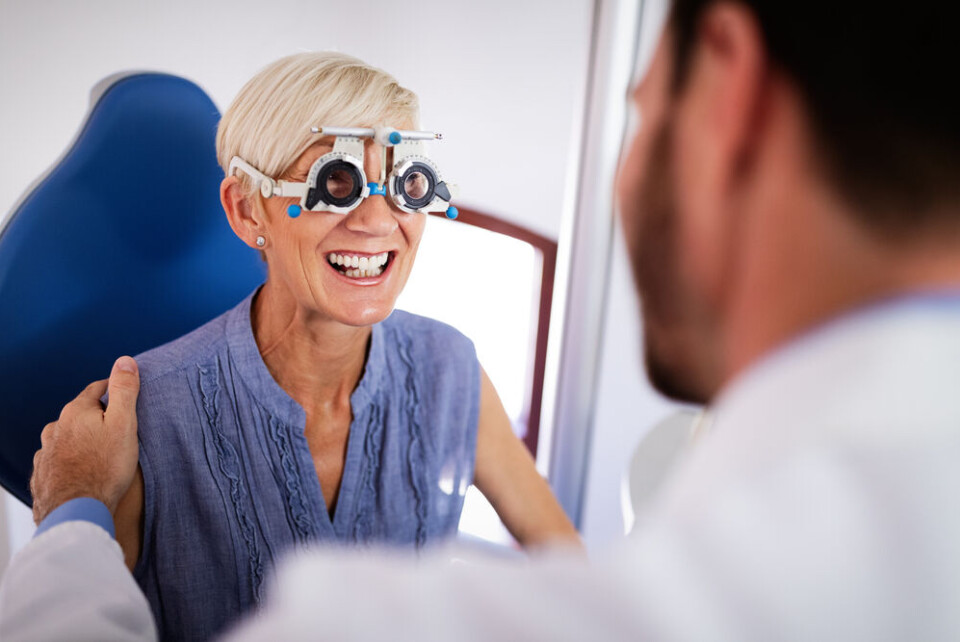-
Health reimbursements linked to income supported by French state auditor
The controversial move aligns with prime minister's plans to cut costs
-
Doctors threaten strike against bill mandating where they work in France
The new bill aims to combat ‘medical deserts’ but young doctors say it will ‘deteriorate access’
-
France considers linking health reimbursements to income to curb deficit
State auditors urge reform as government faces €15.3bn shortfall in 2024
What is the process for getting glasses in France?
Recent changes mean all people with health insurance can access free glasses

Reader Question: I recently moved to France, and I need a new pair of glasses. How do I do this? Is it covered by my social security?
France is starting to ease the process of getting glasses prescribed.
Until recently only specialised eye doctors, called in French interchangeably ophtalmologiste or ophthamologue could issue prescriptions for glasses, after a consultation which involved both diagnosing the level of correction, but also a thorough examination of eye health.
Ophtalmologistes or ophthamologues can be seen directly, without having to be referred to by a general practitioner.
Prescriptions for glasses are valid for three years for people over 42, and during that time retail opticians could make up glasses to those prescriptions, or make, with the client’s agreement and as long as the client was over 16 years old, minor changes to the prescription glasses.
For people under 42 a prescription lasts five years.
After either three or five years a new prescription has to be issued.
Waiting times can be long but are covered
For some years now, there has been a shortage of eye doctors, meaning that appointments for new prescriptions can take between nine months and a year.
In order to try and reduce waiting times it is now possible, for people aged between 16 and 42 years old to have a first prescription for glasses after an examination by an orthoptiste (a para-medical qualification) or an optométriste who is an orthoptiste with further training.
They often work closely with eye doctors, or are employed by them.
If their examination leads them to suspect eye disease or other abnormalities, patients are usually given a priority appointment with the doctor.
For people who already wear glasses, prescriptions by an orthoptiste can be made as long as the original prescription from an eye doctor is not over three or five years old, according to age.
All these prescriptions are now repaid by the French health system, with mutual insurance schemes paying the reste a charge difference so there is usually no charge.
Once you get your prescription, you go to a retail optician, to choose frames and get a standardised estimate (devis) you can send to you mutual to see how much extra you will have to pay.
Read more: How do I book a hearing test in France and how much does it cost?
Free pairs of glasses available
Average costs of glasses were €425 in 2022, and most people end up paying a top-up fee of €95, according to consumer body 60 millions de consummateurs.
After you sign the estimate, the lenses are cut to your prescription and mounted in the glasses.
Relatively few opticians have their own lens workshops, but the system is efficient and new glasses are usually ready to be picked up within a couple of days.
For people fully in the French health system, since 2020 it is possible to have glasses fully refunded under a government scheme called 100% Sante, even with no mutual insurance, or a poor mutual insurance scheme.
Opticians do not like the scheme, but all have a selection of basic frames and lenses under it.
Most mutual insurance schemes allow a pair of new glasses, or replacement lenses, every two years – something many people take advantage of for lenses, especially as most are made of plastic and can scratch easily.
Finally for long-sighted problems, common in people over 50, some people just buy standard, non-prescription, cheap spectacles from supermarkets, for a couple of euros.
Related article
What changes in France in 2024 for health and medicine
























